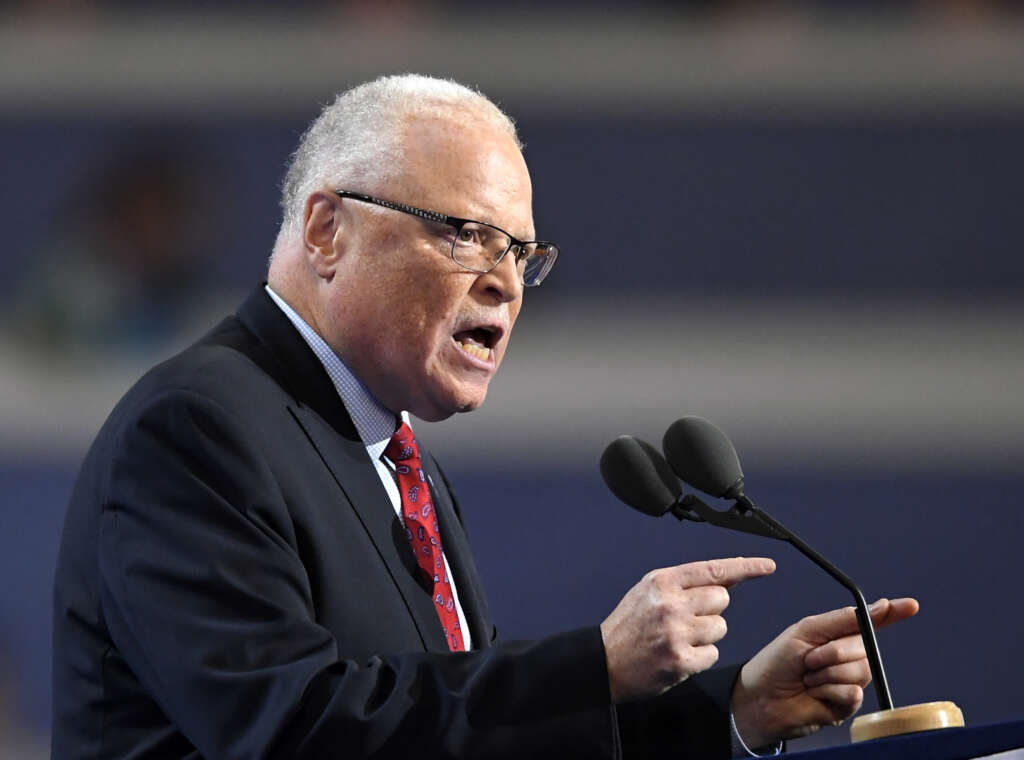Israel has announced that the Rafah border crossing between Gaza and Egypt will remain closed indefinitely. The decision is tied to ongoing negotiations over the remains of hostages held by Hamas. According to the office of Prime Minister Benjamin Netanyahu, the reopening of Rafah is contingent upon Hamas fulfilling its obligations under a ceasefire agreement, specifically regarding the return of all 28 deceased hostages.
The Rafah crossing serves as Gaza’s only exit to the outside world, making its status critically important for the region. Earlier, the Palestinian embassy in Egypt had indicated plans to reopen the crossing on Monday for individuals wishing to return to Gaza. This development has now been complicated by Israel’s announcement.
Hamas has already transferred the remains of 10 hostages and has stated that another two will be delivered on the evening of Saturday. The situation surrounding the hostages is sensitive, with many families anxiously awaiting news. The closure of Rafah has been in effect since Israel took control of the Gaza side in May 2024, further isolating the territory and its residents.
In this context, negotiations over the hostages are not just a matter of human rights but also of political significance. The ongoing impasse highlights the complexities of the Israeli-Palestinian conflict, where issues of security and humanitarian concerns are often intertwined.
As the situation evolves, the international community continues to monitor developments closely, with calls for both sides to engage in dialogue. The fate of the remaining hostages and the condition of the Rafah crossing will be critical factors in shaping the next steps in this conflict.







